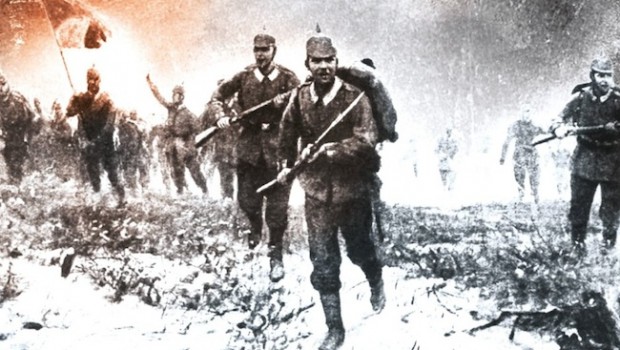

I have never admired my friend more than when he described this incident in his autobiography a few years ago. The guardsman with him died, whether immediately or soon afterwards Michael never knew. As the Germans opened fire with everything they had, Michael sprang to his feet and did not stop running until he reached his battalion. Michael’s companion had trodden on a mine. He told me a few years ago that, while he was very proud of his MC, he had found it much harder to come to terms with another wartime experience a few months later, when he was sent with a single guardsman on a night reconnaissance of the German lines in central Italy.Īs they crawled close to the enemy position, there was suddenly a thunderous explosion. My hugely admired old friend Professor Sir Michael Howard, OM, Britain’s greatest living historian, won a Military Cross at Salerno in 1943.


Most people who participate in wars emerge feeling morally compromised, because almost everyone has done things of which he or she is ashamed, with varying degrees of justification. And yet, what a banquet of experience, good and ill, a vivid interview can convey to us! I am amazed how muddled my own recollection of the Falklands War is, only 32 years ago, and one of the most remarkable experiences of my life. I would never accept the unsupported word of a veteran on any important fact, because all our memories are so imperfect. They argue - justly enough, as far as they go - that old men and women forget much, and sometimes invent a good deal. Some academic historians disdain so-called ‘oral history’. For my books and films, I have interviewed hundreds of veterans of the two world wars, of Korea, Vietnam and Middle East clashes, in Britain and the United States, France and Germany, China and Japan, Russia, Israel and Korea. Working on The Great War nurtured in me a passion for the past, and especially for the history of conflict, which has remained the focus of my life ever since. Later, when I met some of the correspondents in the flesh, more than a few welcomed the chance to tell tales which nobody inside their families or outside them had previously wanted to hear but others were plainly troubled by telling of the past: remembering comrades long dead battles won at such cost that celebration would have seemed a mockery, or actions lost amid a sea of mud and fantastic jumble of wire. Their authors wrote of epics of endurance, suffering, tragedy, often buried in their memories for decades, and now painfully brought forth. Some letters were terse, laconic others ran to pages of obviously laboriously penned script - in those days, few were typewritten. In answer to a broadcast appeal, thousands wrote to tell of us of their experiences. But above all there was the fascination of corresponding with and meeting veterans of 1914-18, most of them then still only in their 70s.


 0 kommentar(er)
0 kommentar(er)
